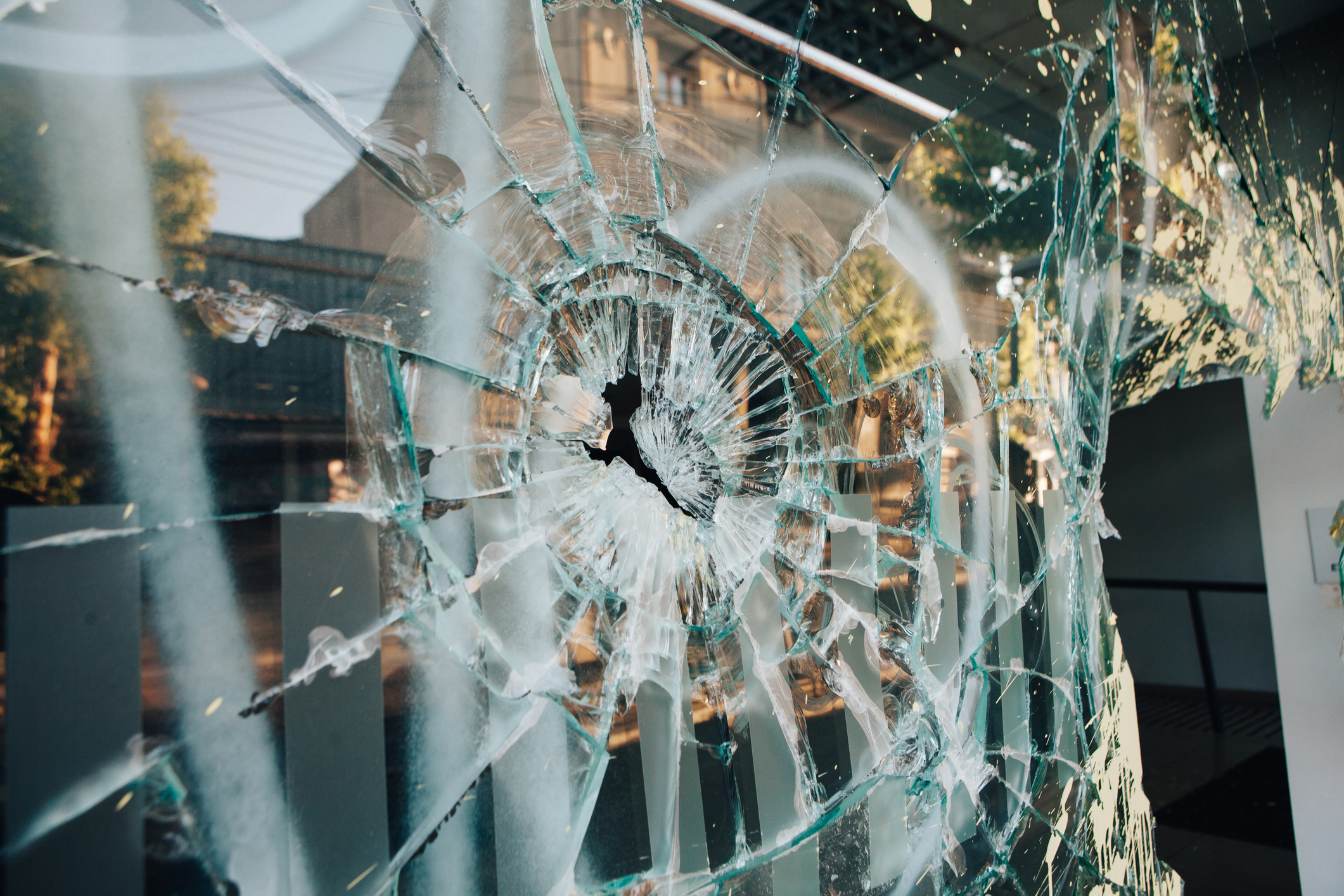
Sinclair in the right
By Eric Wilkins, Staff Writer
FIFA has suspended Christine Sinclair for four games and fined her approximately $3,500 for “unsporting behavior towards match officials,” a.k.a., the Canada-USA semi-final in the Olympics. The Canadian Soccer Association is picking up the tab for the fine and Sinclair has accepted her suspension without complaint, but in a fair world, the suspension and the events leading up to it would never have happened.
I still remember that game back in the summer. Sinclair put in one of the most inspiring performances I’ve ever seen from a player, scoring a hat trick and putting Canada up 3–2 in the second half. And then Christiana Pedersen, the referee for the match, truly left her mark on the game. With Erin McLeod carrying the ball out preparing to punt it, Pedersen called her for holding the ball for too long. The call is almost never made, and when it is, the player is generally given a warning first. The Canadian team denied that there had been a warning, but the Americans said there were several. Regardless, Pedersen gave the free kick, the Americans took a shot, hit a Canadian arm, got a penalty shot, scored, and then won it in extra time. Canadian players were outraged after the game. “We feel like we didn’t lose, we feel like it was taken from us,” said Sinclair. “It’s a shame in a game like that, that was so important, the ref decided the result before it started.”
She has since said that she didn’t “ultimately believe [Pedersen] went into the match hoping the U.S. would win.” However, she also didn’t regret her comments, “We just lost the chance to play for an Olympic gold medal. I was very emotional. I wouldn’t want to change that.” But let’s face it, that game was atrociously officiated. It was difficult not to scream at the referee the entire game due to the absurd perceived bias. Yes, there were a few calls against Canada that should have been called too, such as the Canadian kicking the American’s head, but overall it was lopsided for the States. Sinclair had every right to make those comments, though perhaps they should have been directed at someone slightly higher than just the referee.
FIFA has its own agenda. There’s no point hiding that they’re corrupt, and it’s starting to get painfully obvious. Anyone who says otherwise is simply deluding himself. Going back to the 2006 World Cup, Italy took the top prize. But does anyone remember how they got there? Diving and screaming all over the pitch. And that’s typical of Italian soccer, but usually enough of the calls are spotted for what they are. However, in 2006, not only were a large number of them called, but there were other dubious calls that aided the Azzurri. In the group stage, with the Italian advance to the knockout round still in doubt, Italy played the USA. The Americans scored a goal, clearly onside, only for the referee and his linesman to call it off. The game would ultimately end in a tie, giving the Italians a point, but more importantly, holding the Americans to one as well. Later in the tournament, in the knockout stage, there was the infamous penalty shot awarded when Fabio Grosso took a blatant dive over Lucas Neill, who was already on the ground. The rest is history. Same story at the 2010 World Cup with Spain finishing on top. Flagrant displays of favouritism as the referees continuously awarded free kicks to the Spanish as they flopped on the pitch.
And this brings us to the Olympics. Japan had played the USA in the most recent World Cup final. Japan had won. In the Olympics, Japan made a dazzling run to a final again. Now who do you think FIFA wanted to play the Japanese? A Canadian squad with a 32 million person country following them or a tantalizing rematch of the World Cup final?
Last point here is that it took FIFA two months to suspend Sinclair. Why didn’t they suspend her right after the game? Did new information come up that wasn’t available then? They just sat on it for two months, killing time. They knew full well how bad the Canada-USA game looked, and suspending Sinclair for the bronze medal game (which they should have, if they had nothing to be guilty of) would look even worse. The negative publicity would likely have extended beyond just Canadian television and quick side notes on Olympic programs. It could have landed FIFA in a very blinding and very unfriendly spotlight. By holding off the suspension until now, Canada got its medal (slight consolation) and the rest of the world has ceased to follow the story at all. It’s a non-story now, but FIFA still manages to maintain an aura of professionalism by showing the world that they’re punishing a player for abusing a referee. Well played, FIFA. Well played.

